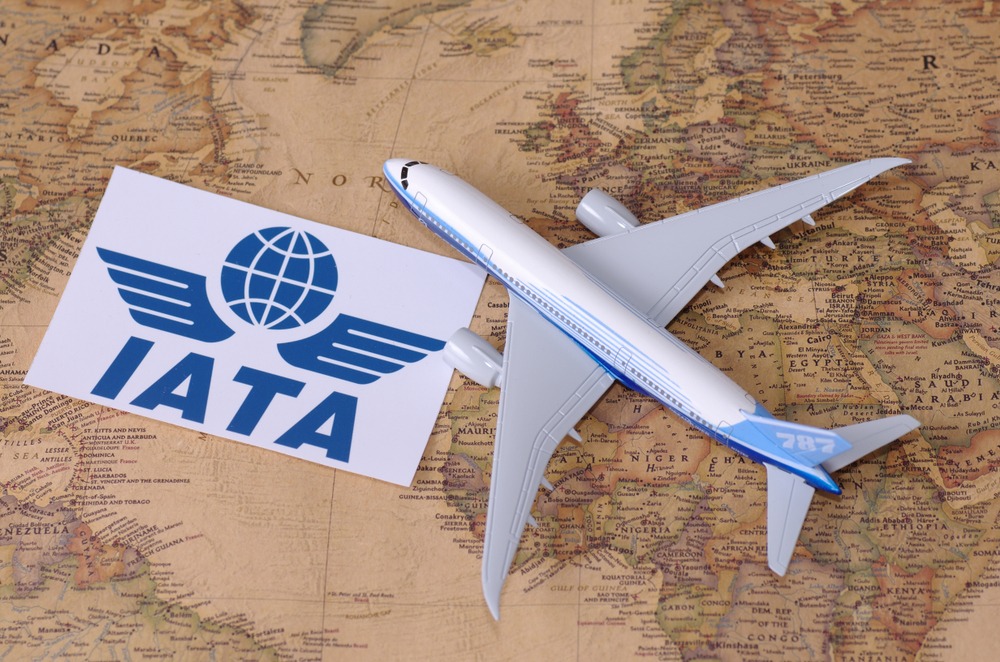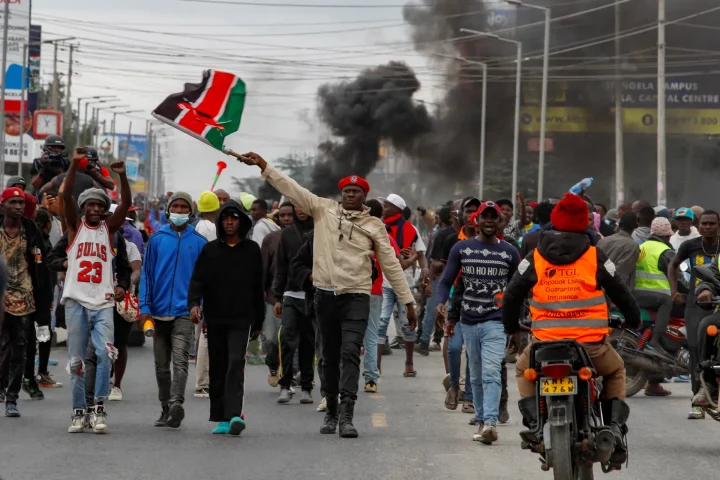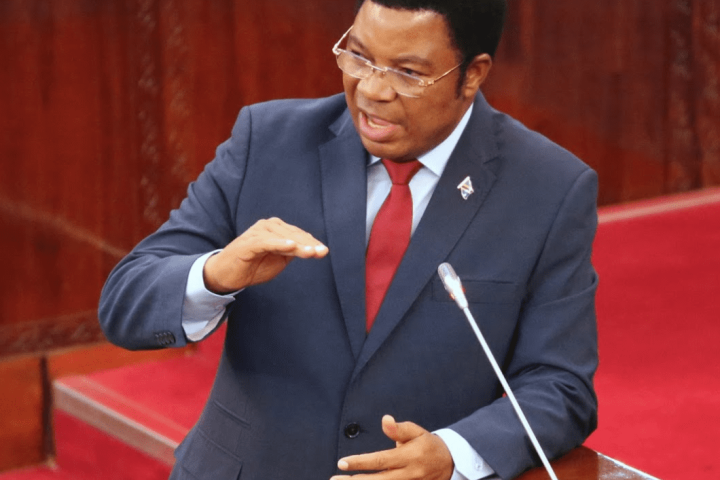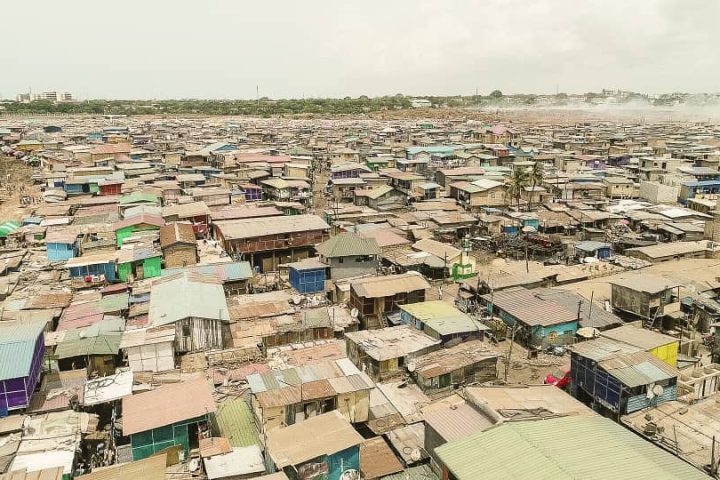The International Air Transport Association (IATA) underscored the harrowing entanglement of $1.68 billion in airline funds across Africa, constituting a portion of the global total of $2.36 billion.
Kamil Alawadhi, the Regional Vice-President for Africa and the Middle East during the African Airlines Association 55th Annual General Assembly held in Uganda, voiced concern about the consequences of this financial impasse on aviation connectivity, highlighting its potential threat to the sector’s sustainability.
Join our WhatsApp ChannelAlawadhi emphasized the urgent need for collaborative efforts, pointing out the devastating impact of blocked funds on both airline operations and the economies of the countries involved. “The numbers are alarming, and the impact on connectivity is devastating,” he said during the assembly.
READ ALSO: Airline Operators Task Nigerian Govt On Aviation Fuel, Forex
While acknowledging efforts by some countries to repatriate funds, Alawadhi stressed that an amount of the blocked funds remained inaccessible to airlines.
He urged governments to adopt effective strategies to clear backlogs, highlighting the wider ramifications of these constraints, including reduced connectivity, diminished investor confidence, and damage to the countries’ reputations.
With Africa’s aviation industry still reeling from pandemic-induced setbacks, IATA cautioned against imposing additional financial burdens such as increased fees, levies, carbon taxes, or new taxes on air transport, trade, or tourism.
Alawadhi emphasized the significance of sustainable solutions to facilitate the recovery of the aviation sector without adding to its financial strain.
“These measures would only make air travel more expensive and less accessible in Africa, where the average airfare is already 30 per cent higher than the industry average,” he warned, urging governments to prioritize facilitating the industry’s recovery rather than introducing new financial obstacles.
Emmanuel Ochayi is a journalist. He is a graduate of the University of Lagos, School of first choice and the nations pride. Emmanuel is keen on exploring writing angles in different areas, including Business, climate change, politics, Education, and others.

















Follow Us